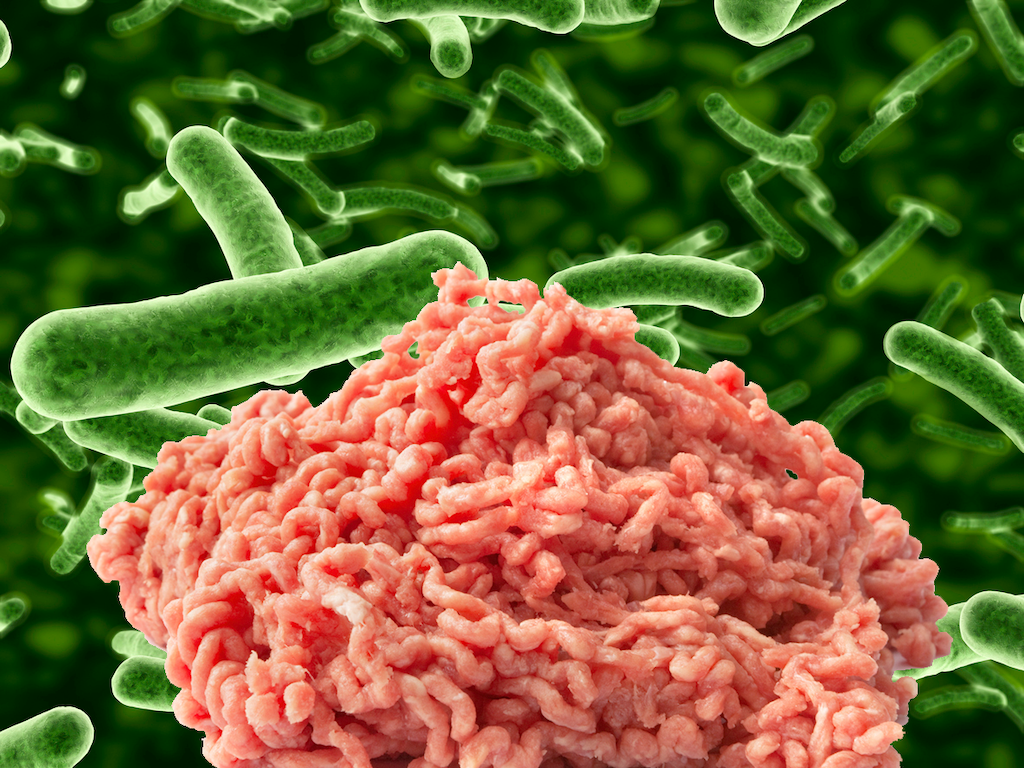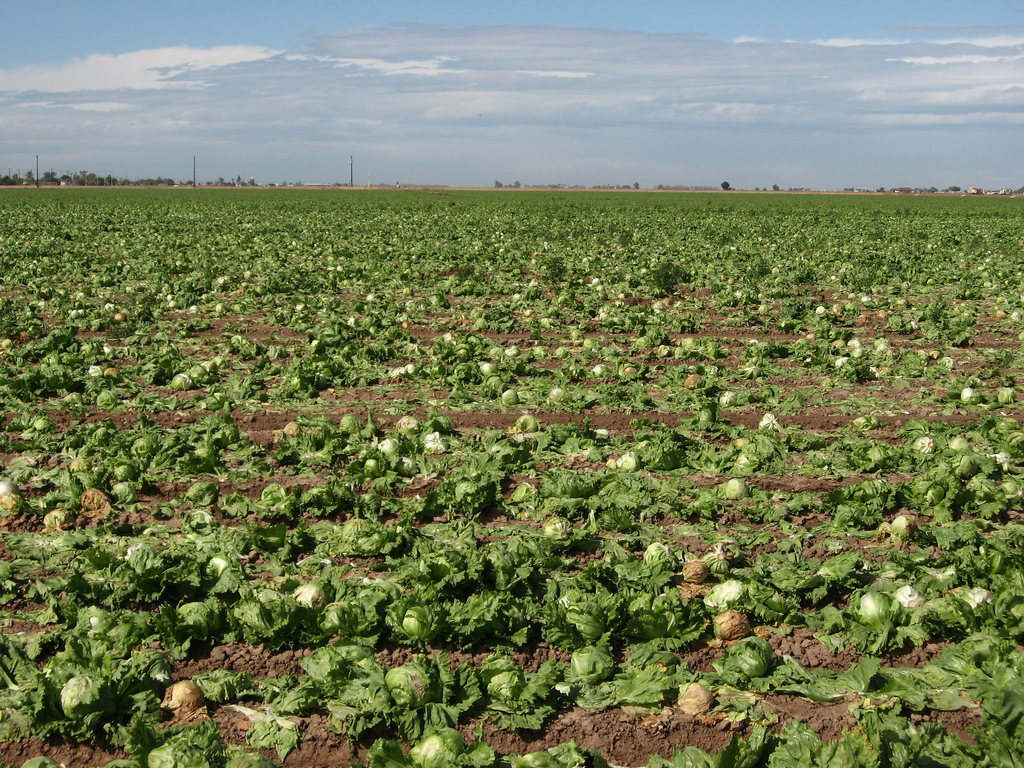
Floortje, Raycat / iStock
The Centers for Disease Control and Prevention (CDC) announced Friday that ground beef is the origin of a multistate E. coli outbreak that has so far sickened 109 people in six states, including 17 hospitalizations.
CDC learned of the outbreak on March 28, when it was notified by state health departments in Kentucky and Georgia. Since the first case was reported on March 2, 54 people have been sickened in Kentucky; 28 in Tennessee; 17 in Georgia; seven in Ohio; two in Virginia; and one in Indiana. The agency expects those numbers to keep rising, as new reports come in from state and local health agencies.
At this time, no common supplier, distributor, or brand has been identified, and those who have fallen ill reported consuming ground beef both at restaurants and at home. The CDC has not advised the public to stop eating ground beef, nor have any recalls been ordered. As always, beef eaters are advised to cook their hamburgers and meatloaf to an internal temperature of 160 degrees (use a meat thermometer), and to avoid cross-contamination in their kitchens.
The CDC estimates that every year, strains of shiga toxin-producing E. coli, known collectively as STEC, cause 265,000 illnesses, 3,600 hospitalizations, and 30 deaths in the United States. The strain behind this outbreak, O103, is part of a group known in epidemiological circles as the “big six,” which cause about half of all E. coli illnesses, according to a USDA report.
The Atlanta Journal Constitution reports that this is the largest-ever outbreak of E. coli O103, which is not considered to be as serious as E. coli O157, the deadly strain that caused last year’s historic romaine lettuce outbreak. Nevertheless, O103—which can cause stomach cramping, diarrhea, and a form of kidney failure known as hemolytic uremic syndrome—can be as severe. While no deaths have been reported, this outbreak has already lead to 17 hospitalizations.
Anyone who’s exposed to the pathogen can be affected, but young children, seniors, and people with weak immune systems are more likely to develop complications. Symptoms usually begin three or four days after exposure, and people typically recover within a week. The CDC recommends that those who develop symptoms of E. coli infection contact their doctors as soon as possible.










